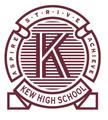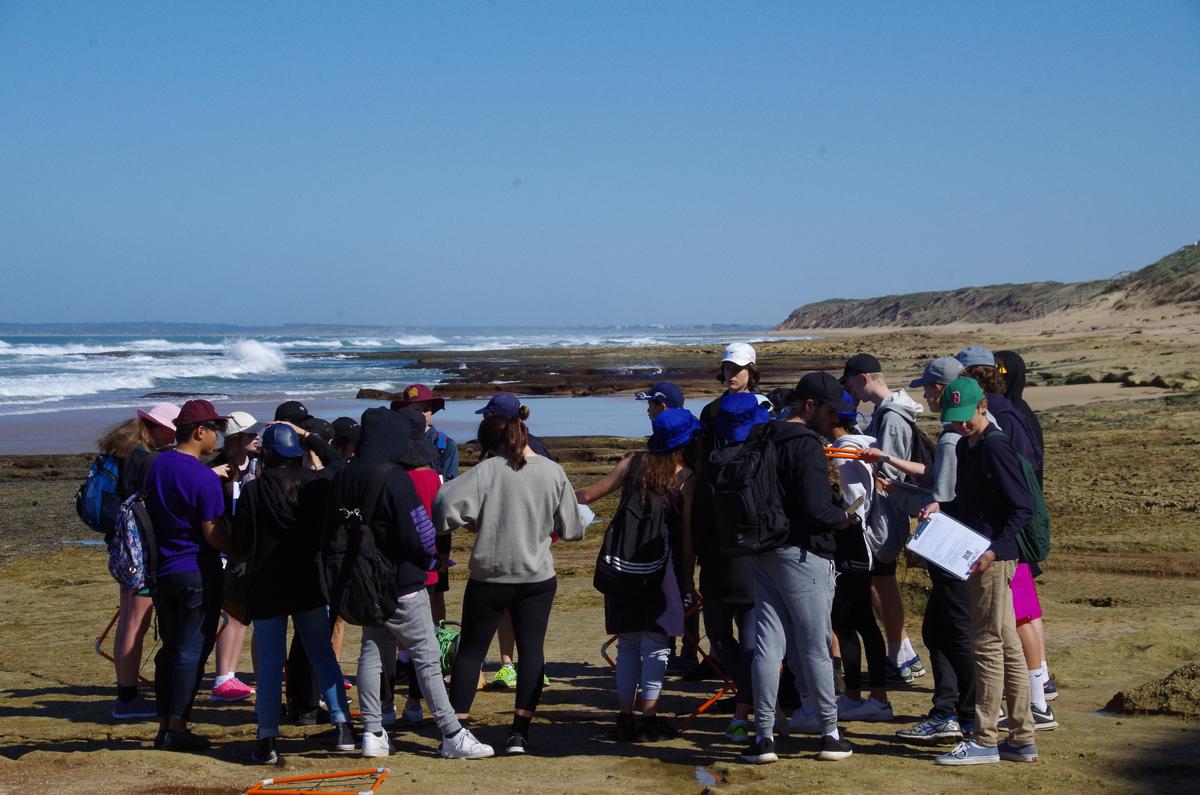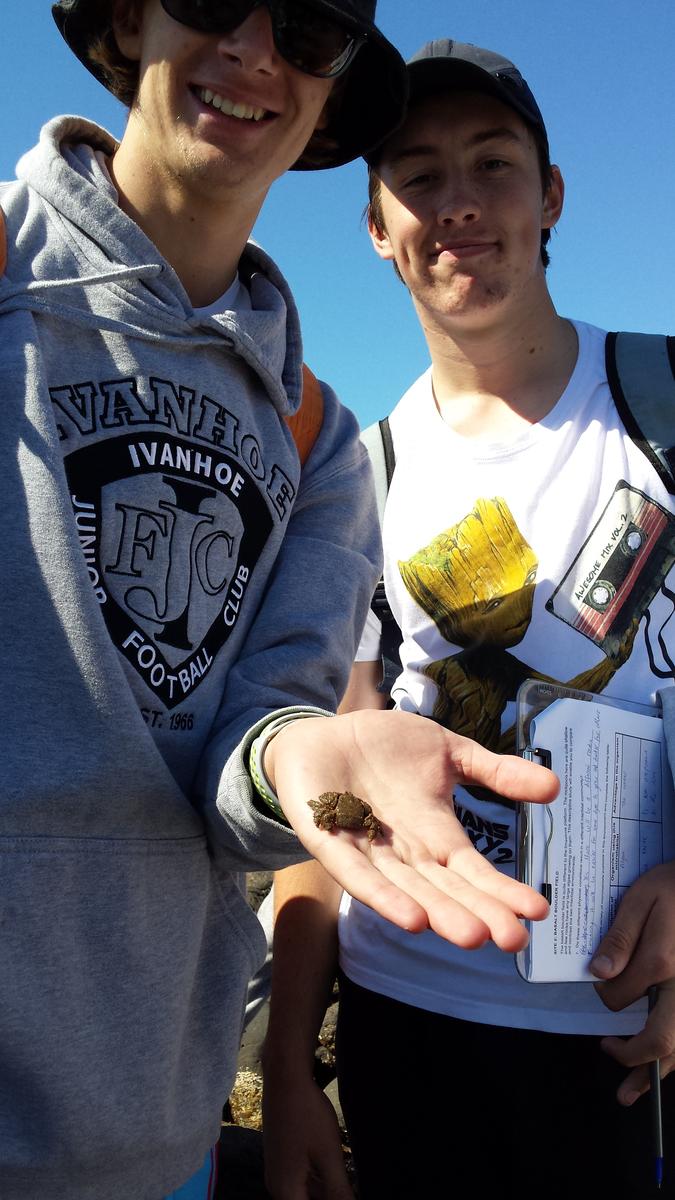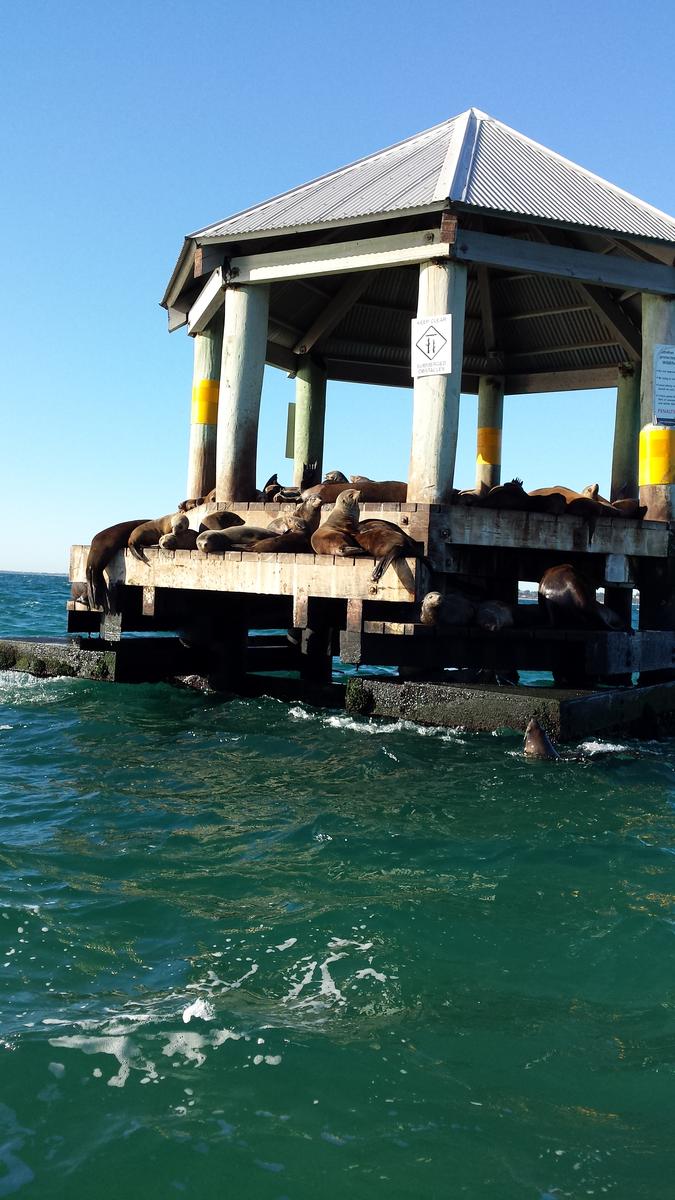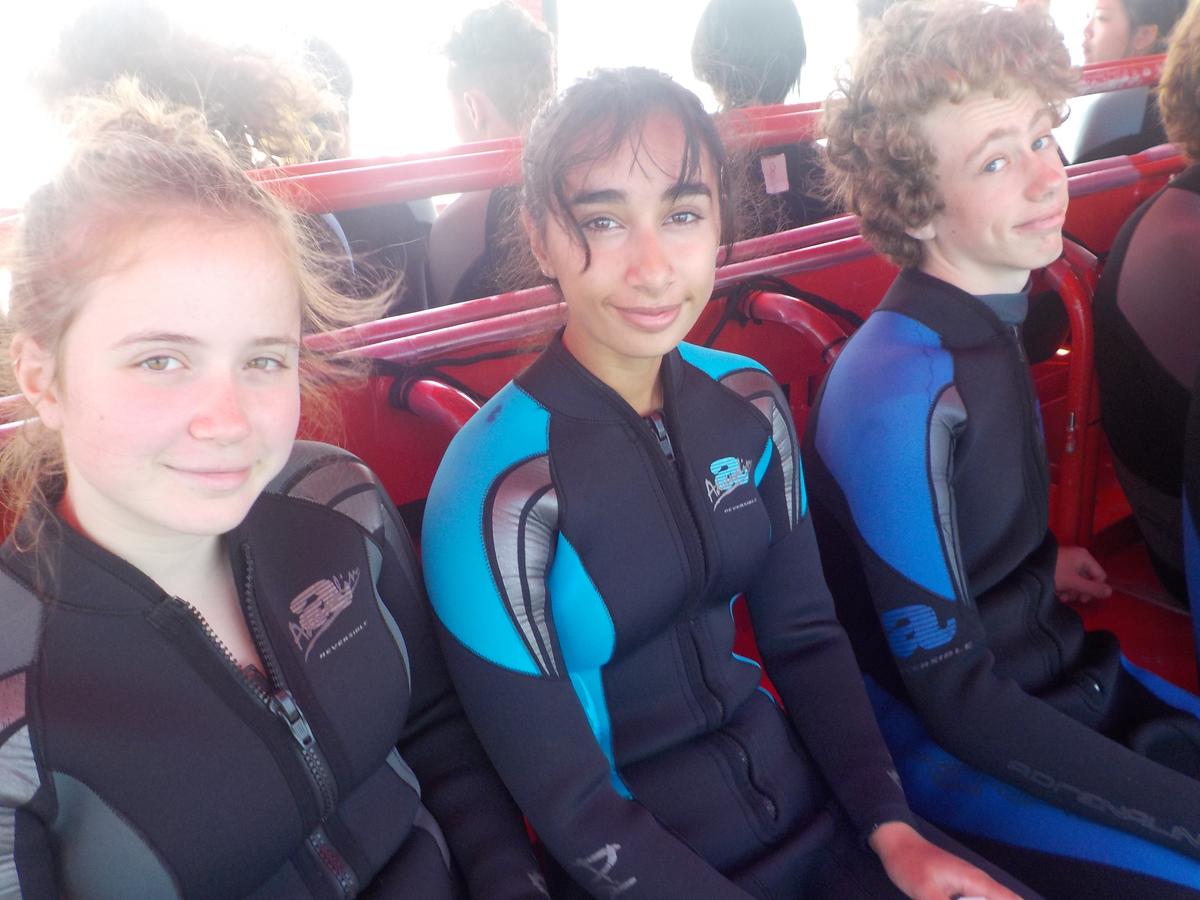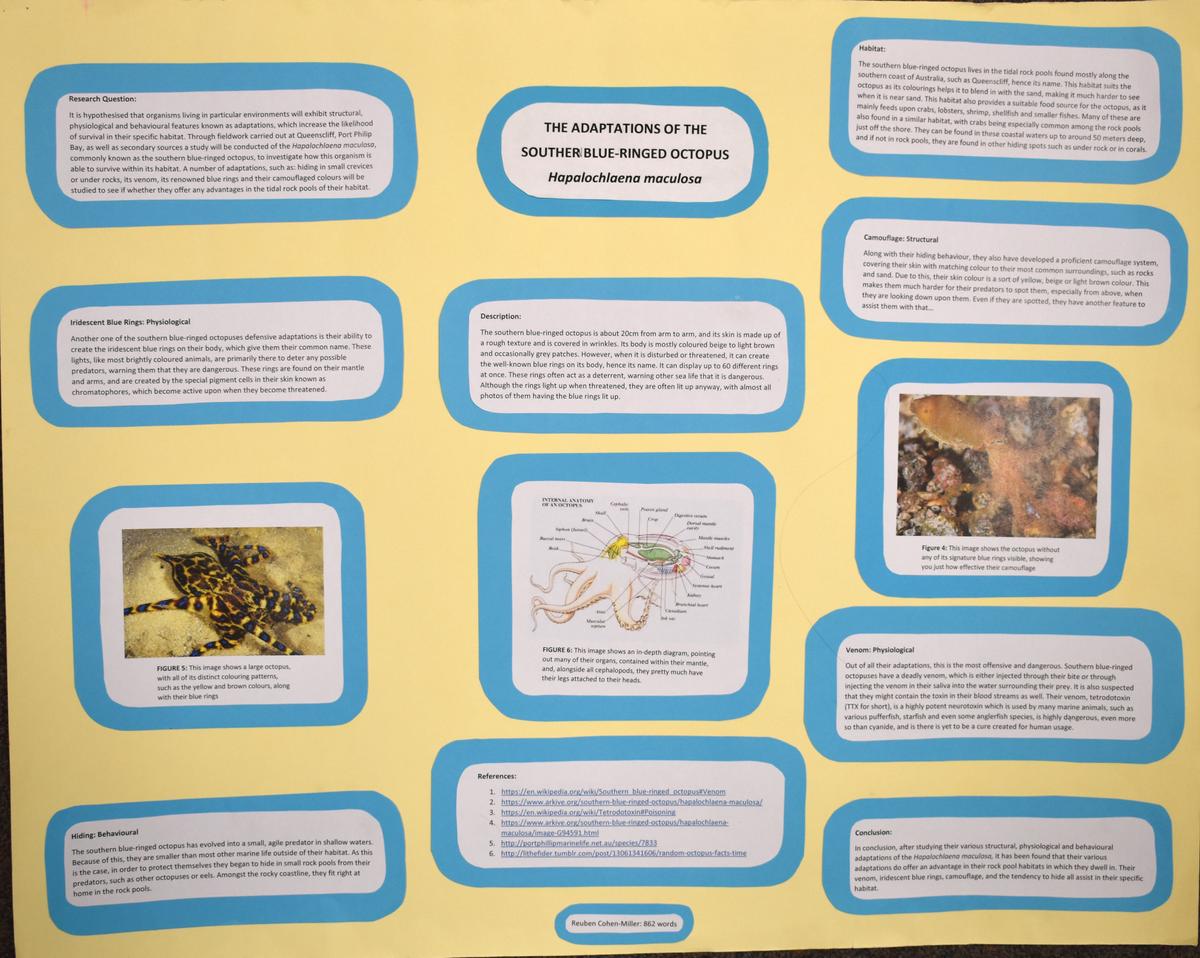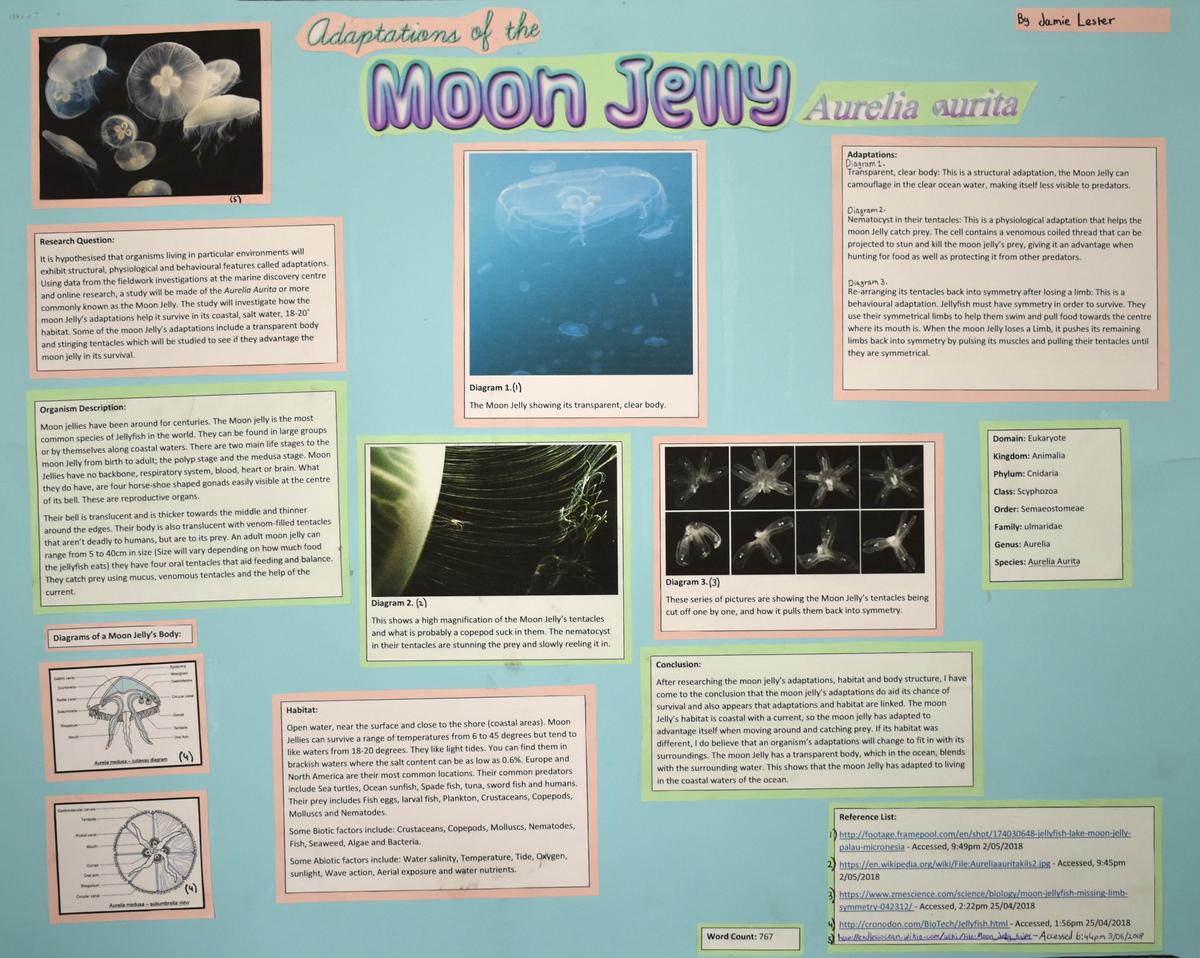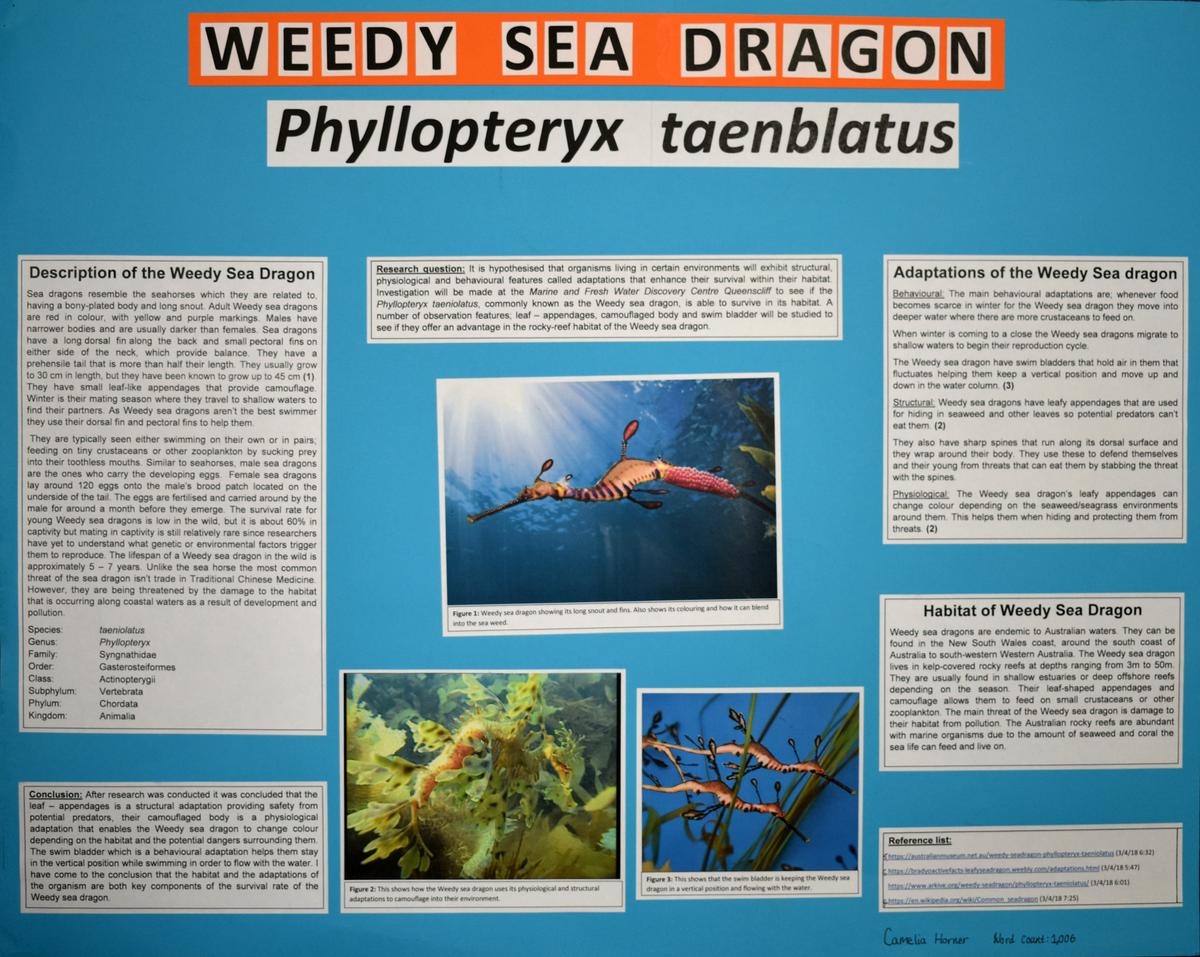BIOLOGY CAMP
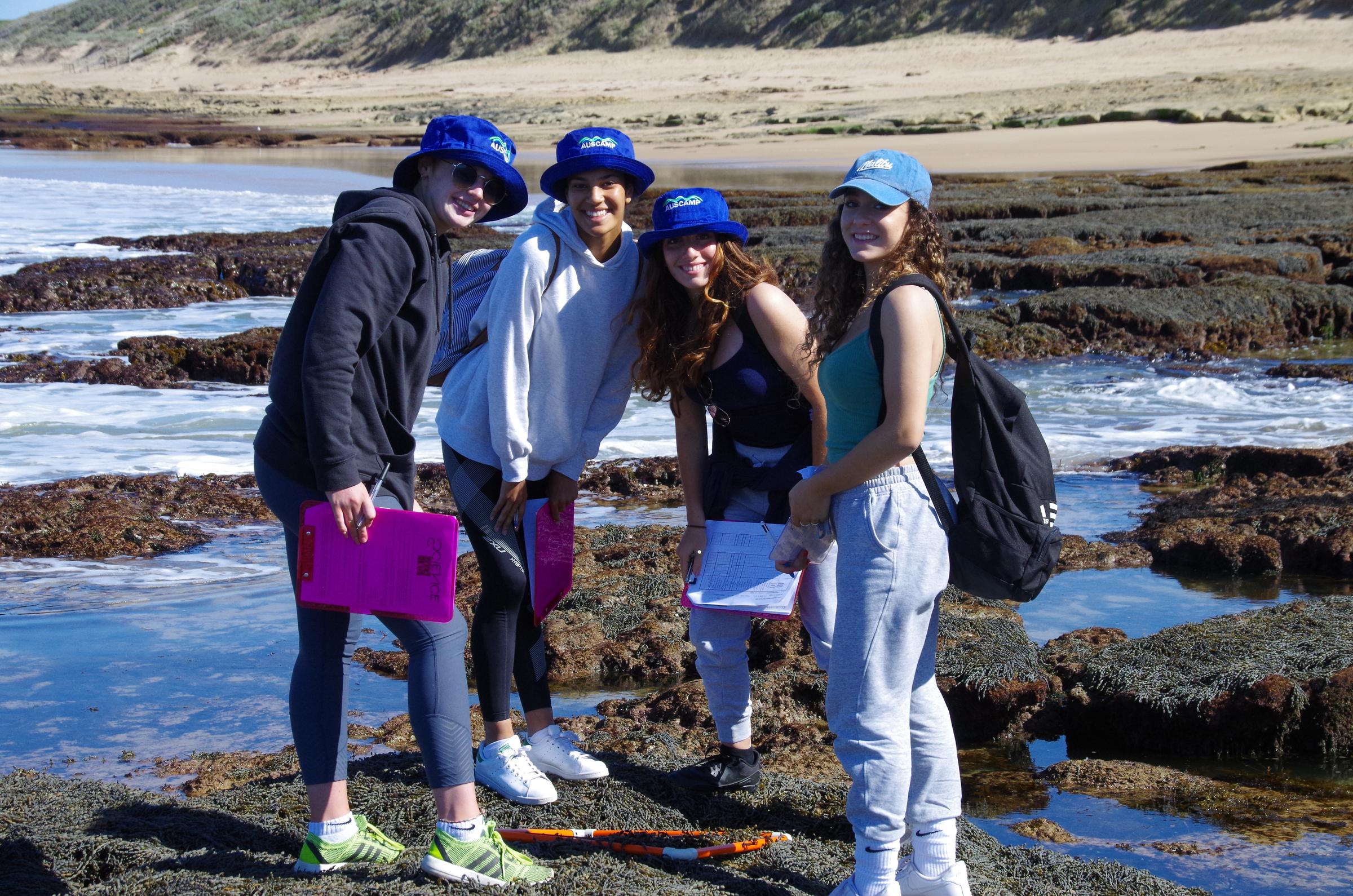
Queenscliff Camp
On Thursday 22 March, 23 Year 11 Biology students and 9 staff headed off to Queenscliff for an overnight camp focused on a range of activities coordinated by the Marine and Freshwater Discovery Centre. This education facility is an initiative of Fisheries Victoria and provides a range of tailored programs beyond the scope of the regular classroom. Specifically, the camp enabled our students to meaningfully fulfil the fieldwork component of their course, and in so doing, add valuable data to the Centre’s longitudinal study of population changes in the marine ecosystem of Swan Bay.
Our 2-day program was very full. Students needed to be at school by 7 am as due to the tides, our first activity started at 10 am on the beach at Barwon Heads. Under the guidance of centre staff, students spent a very busy 2 hours carrying out a variety of sampling techniques aimed at collecting data on plant and animal distribution.
After a very quick lunch, we moved onto the laboratories at the Marine Studies Centre. Here students rotated through two laboratory-based activities investigating a range of reproductive and structural adaptations and then a guided tour of the Centre's aquarium culminating with an opportunity to handle a number of organisms in their touch tank. Having this laboratory experience heightened student appreciation of what had been learnt during the morning’s fieldwork, and so a deeper understanding of this central idea in biology – the relationship between structure and function.
By late afternoon, we were back on the buses heading to our accommodation. After a long and tiring day, students appreciated settling into their rooms and exploring all our accommodation had to offer; heated pool and spa, trampoline area and the onsite coffee shop. When it came to dinner time, we travelled back into Queenscliff. Fortunately, it was a lovely late summer evening, perfect for sitting outside enjoying a pizza or fish and chips.
The next morning was another early start as by 7.30 am students needed to be back on the bus having had breakfast, packed and cleaned up their rooms. Students had the choice of a snorkelling trip or a marine studies cruise. The snorkelling group went out to Popes Eye, a unique area within the Marine National Park that offers a rich community of plant and animal life.The marine studies cruise travelled out on the bay to observe a colony of Australian Fur Seals and acolony of Australasian Gannets. Along the way a small sledge was deployed which sampled material from the bottom of the bay enabling students to observe a range of bottom dwelling organisms like crabs, sea-stars, seahorses, sponges, some fish and lots of seaweeds.
The snorkelling and boat cruise were our final activities, so keeping our fingers crossed for a smooth run home, bearing in mind it was a Friday afternoon and Grand Prix weekend, we headed back to Kew.
On return to school, students analysed their data and in conjunction with further research, presented their finding as a poster. They selected one organism viewed over the 2 days, identified a range of its adaptations and linked these adaptations to the organism’s survival in its habitat – that is “how can the organism live where it does”. As can be seen by the samples pictured with this article, many of the posters this year were truly outstanding. A very talented and hard working group of students.
The Unit 1 biology teachers (Matthew Goodridge Kelly and Di Keage) along with the students, would like to say a big thank-you to the staff who came along to ensure the success of the camp, by driving the buses, organising the allocation of rooms, and getting breakfast on the table; Louise Bates, Tom Williams, Junling Yang, Kerry Power, Judy Finger and Dawn Morrissey. A very special thank-you must go to Mark Bretnall, although now retired from Kew for over 3 years, Mark came back to drive one of the buses. Great effort.
Students were asked to complete a feedback sheet on their return with agreement that the camp was a success – the highlight being the snorkelling (and the very nice accommodation!) If parents have any suggestions, we would be delighted to hear from you.
To end, here is a reflection from one of our International students Ngoc Binh Hiep Le that very nicely illustrates the value of field-based learning.
For me, 2018 Biology Camp is a memorable experience because I not only learnt more about the subject but also I had an opportunity to make friends. I was taken to the beach and the ocean to explore the habitats and adaptations of marine life. The part I liked most was learning about the adaptations of marine organisms such as whales, sea stars, seahorses, and so on. I could touch and have a close look at the animals, which I thought I would never see in real life. Their adaptations to the living environment are amazing. For instance, a very small animal like a seahorse can protect itself from predators by camouflage. Moreover, the accommodation and food there was very good. I will never forget this meaningful camp. It is practical and helpful.
Dianne Keage
Biology Teacher
